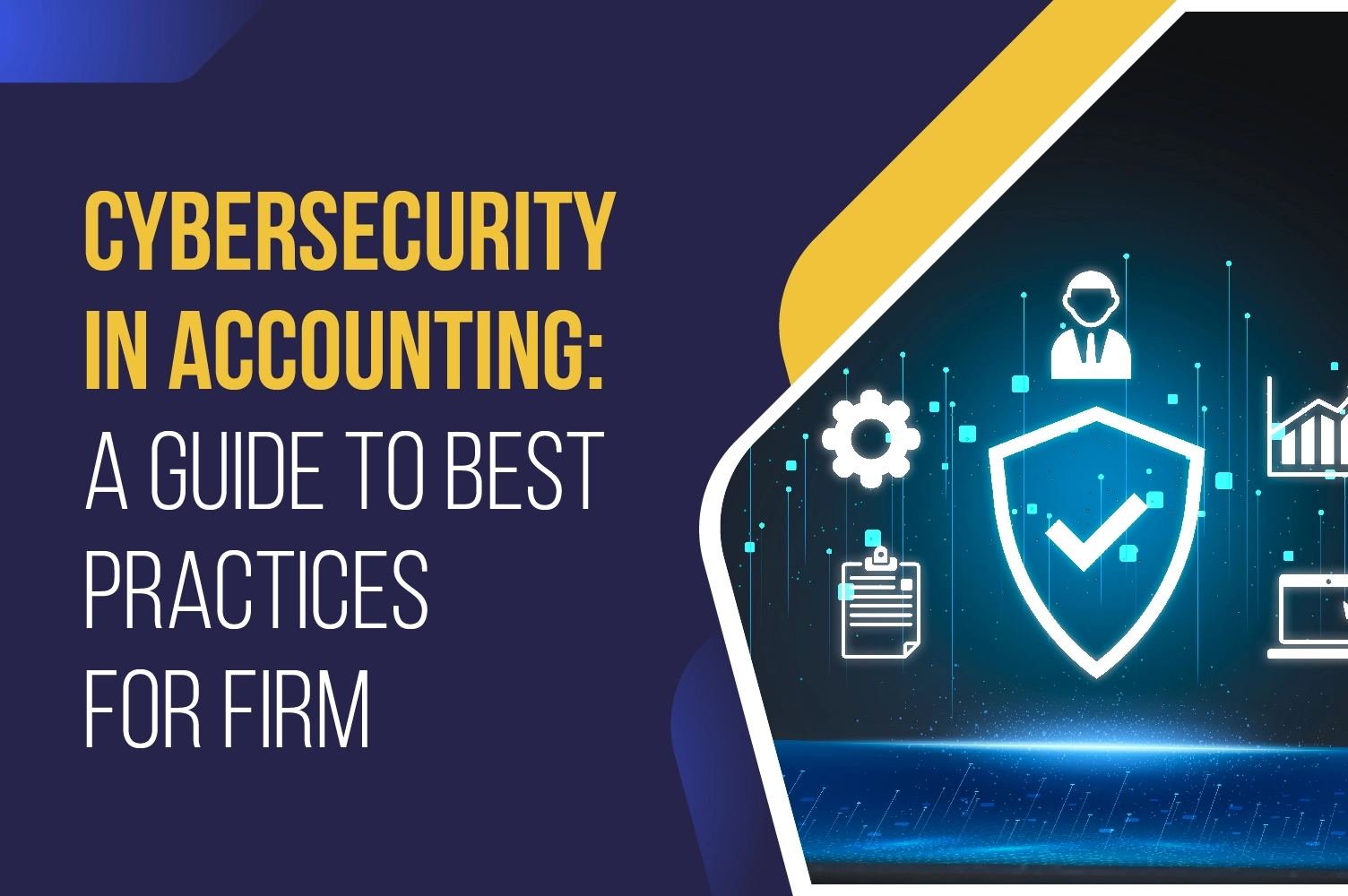RED FLAGS TO LOOK OUT FOR WHEN OFFSHORING ACCOUNTING TO FREELANCERS
The offshoring model has gained prominence over the past few years, especially since the pandemic and Russia-Ukraine war-induced economic downturn. If you have decided to offshore your accounting firm’s work, you must have come across or even considered the possibility of working with freelancers. Hiring freelancers for accounting offshoring is not a new concept. In the IT industry, it’s been a recurrent practice to hire freelancers from developing economies to do the same job at a fraction of the cost of a local employee.
We get it. It does seem like a perfect one-stop solution for all your accounting firm’s needs. It’s comparatively cheaper than hiring an exclusive accounting offshore service provider, and there is no training and onboarding hassle to go through. But, you know what they say about being wary of things that are too good to be true?
Don’t worry. We got you. In this article, you will learn the primary reasons why you should reconsider your stance on freelancers and opt for a much more secure and profitable offshoring partnership with a legitimate offshore service provider.
Here are the top 8 reasons why offshoring your work to freelancers might not be the best idea.
1. Lack of a legal agreement
First and foremost, drawing up and executing many legal agreements with an unknown entity you met on the internet is pretty difficult. Ideally, with offshoring, you should have a service agreement, a rock-solid NDA, and privacy compliance to lay the foundation of the job. With laws pertaining to freelance work differing from country to country, you might likely end up with nothing more than a paper deemed or ad hoc contract. The potential for data confidentiality is, thus, extremely uncertain. In the case of any breach or violation, the possibility of legal recourse is quite unlikely.
2. Data violation is a big issue
Typically, you’ll find most freelancers working out of developing countries, with a few exceptions, of course. According to the global payment platform Payoneer’s Global Gig Economy Index, Ukraine, Spain, Brazil, Pakistan, India, the Philippines, and Bangladesh come under the fastest-growing freelancer markets.
There have been numerous prior instances of IRS tax frauds, IRS refund frauds, and various credit card/bank transfer frauds happening online and originating in these countries. This poses a massive risk to the data confidentiality between you and your clients and, moreover, has the potential to ruin your reputation and brand in the market. Problems will definitely seem small in comparison to the extensive amount of legal issues you are guaranteed to be facing by the time this gets over.
3. Absence of accountability
Freelancers rarely work with a single client at a time, especially for the long term. They usually juggle multiple clients and multiple responsibilities at the same time. This makes missing deadlines and fluctuating quality of work a much more likely possibility. Moreover, since the freelance movement is spread across industries, it is difficult to ascertain whether the individual is adept at successfully handling the particular work you hired them for.
Maintaining a level of accountability becomes arduous with freelancers and can subsequently affect your firm’s output efficiency and productivity. In such instances, it will be an added task for you to ensure the quality of the submitted work.
4. Communication issues
As mentioned above, most freelancers belong to developing countries. Offshoring as a whole is wholly dependent upon optimum internet connectivity, which is often limited to only certain elite areas in such countries.
Massive power outages lasting hours on end are a norm even in metropolitan cities, much less in semi-urban and rural areas. Freelancers often rely on flimsy mobile hotspots to carry out their responsibilities. Faulty communication will thus be a habitual issue you must prepare for when hiring freelancers.
5. Risk in reliability
With a good offshore service provider, recruitment is carried out only after the individual passes a stringent background check that includes resume verification and portfolio confirmation. With freelancers, background checks are hard and time-consuming to carry out. With their identity and professional capabilities being difficult to determine, there lies a constant risk while working with them.
Often, there have been instances where the freelancer, for whatever reason, fell off the radar in the midst of a busy tax season. Ghosting is a prevalent risk while dealing with freelancers and can cause a huge loss to the firm that trusted them. This, in addition to the loss of valuable time and money, can lead to a major violation of your firm’s confidential data and practices.
6. Unavailability of senior-level talent
The freelancing industry has largely been a gateway for freshers and self-supporting professionals to gain financial independence and professional growth. If you are looking for a senior-level talent, you will be hard-pressed to find one. Most of the work we do in the accounting world requires a high level of competence and experience. Freelancing websites, unfortunately, fall short in providing such individuals, and you are often forced to settle for less.
7. Unsustainable in the long-term
Freelancing may seem cost-effective at first. Still, with the handling of multiple projects and assignments, uncertain timings, and a host of infrastructure issues, it is unsustainable in the long term. The issues emerging from this will prove to be unhealthy for your firm’s overall success.
Outsourced projects that last for a considerable period of time require you to maintain frequent interaction and collaboration with the freelancer. By its very nature, freelancing is not designed to facilitate a close working relationship between both parties. One-time projects are, therefore, in our opinion, more conducive to the successful implementation of freelancing.
8. Limitations with regards to payments
This is one of the most common, although lesser talked about, disadvantages of hiring freelancers. The payment rules for freelancers vary by country. Furthermore, it will be your responsibility to keep track of various payment methods and platforms used to pay your freelancers.
In his book Zero to One, Peter Thiel, co-founder of Paypal, once said, “ Everyone at your company should be different in the same way – a tribe of like-minded people fiercely devoted to the company’s mission.” Likewise, for the continued growth and success of your firm, it is imperative that you work with individuals who, at their core, have similar objectives as you. Freelancers are mainly motivated by the lack of structure, financial independence, and diversity in clientele, so much so that today, they have a total addressable market of $1.5 trillion.
In summary, it is greatly recommended that you look into reliable and competent offshore service providers for your firm’s offshoring needs. You have the flexibility of confidently choosing the best professional that fits perfectly with your organization’s ethos. You will also have the opportunity to train them as per your needs and have a secure process in place for when you need to raise any complaints regarding the quality of work. Lastly, you will be able to properly ascertain whether the company you have chosen is committed to protecting your privacy and data confidentiality which, in our opinion, far outweighs any pros you might have seen in freelancing.
Entigrity™ is a trusted offshore staffing partner to 600+ accountants, CPAs, and tax firms across the US and Canada. Our flexible and transparent hiring model gives helps firms of all sizes to hire staff for accounting, bookkeeping, tax preparation, or any other task for 75% less cost. As a firm 'run by accountants, for the accountants,' Entigrity captures the hiring needs of accounting firms most precisely, providing staff that works directly under your control and management; still, you are left with the least to worry about compliance, payroll taxes, overheads or any other benefits.

_1642676318-1686039629.webp)



